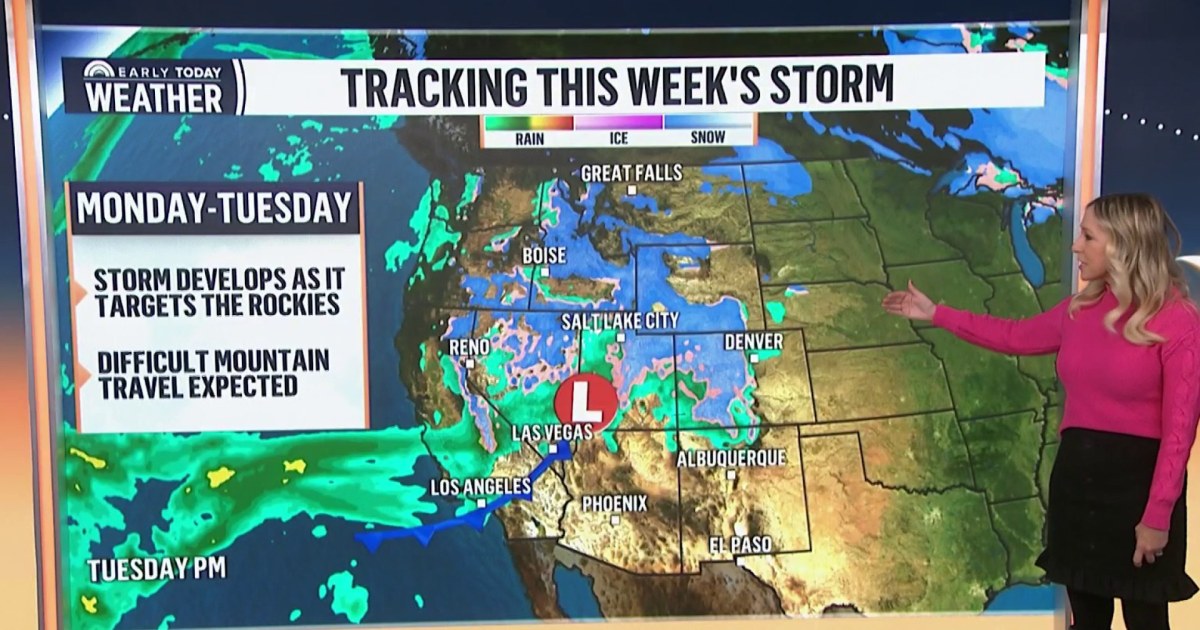Mohacs, Hungary/Prahovo, Serbia
Reuters
—
The wrecks of explosives-laden Nazi ships sunk in the Danube River during World War II have emerged near Serbia’s river port town of Prahovo, after a drought in July and August that saw the river’s water level drop.
Four vessels dating from before 1950 have also come to light in Hungary’s Danube-Drava National Park near Mohacs, where the Danube’s water level stood at only 1.5 meters (4.9 feet) on Tuesday, the lingering effect of severe heat waves and persistent drought in July and August.
The vessels revealed in Prahovo were among hundreds scuttled along the Danube by Nazi Germany’s Black Sea fleet in 1944 as they retreated from advancing Soviet forces, destroying the ships themselves. The wrecks can hamper river traffic during low water levels.

Strewn across the riverbed, some of the ships still have turrets, command bridges, broken masts and twisted hulls, while others lie mostly submerged under sandbanks.
Endre Sztellik, a guard at the Danube-Drava national park, said of one of the ships, “we still don’t know what this is exactly. What is visible and an unfortunate fact is that the wreck is diminishing as people are interested in it and parts of it are going missing.”

The Danube stood at 1.17 meters (3.8 feet) in Budapest on Tuesday, which compares with an all-time record low of around 0.4 meters (1.3 feet) registered in October 2018. During floods, the Danube rises well above 6 meters (19.7 feet).
“Eastern Europe is experiencing critical drought conditions that are affecting crops and vegetation,” the European climate service Copernicus said on its website in its latest drought report, published earlier this month.
Long-awaited rainfall set in on Monday, which is expected to raise Danube levels to around 3 meters (9.8 feet) at Mohacs by the weekend, with the river likely to submerge the shipwrecks again.
The level of Poland’s longest river, the Vistula, has fallen to a record low, leaving sandbanks exposed in Warsaw and water so shallow a moose was filmed walking across it in a section in the countryside.











